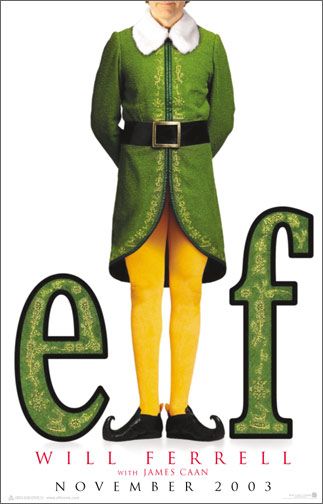The modern world has produced a peculiar form of contemporary malaise, one that has, despite more people and social media, appeared to lead to alienation instead of empathy. I Don’t Feel at Home in This World Anymore, directed and written by Macon Blair, highlights this pervasive disillusionment. Blair had acting roles in brutally violent independent gems Blue Ruin and Green Room, and those familiar with them will not be surprised to see the same brutal, bloody flair in this directorial effort. However, the film is also infused with (as its title suggests) higher doses of deadpan humour, and it deftly balances both of these impulses. It rests on the two central performances, who explore the film’s themes to darkly comedic effect, whilst also being grounded by the apparently mundane, desperate humanity of its characters.
Ruth (Melanie Lynskey) is a nurse at a hospital, and is becoming increasingly disenchanted with the lack of empathy and basic courtesy of the people around her. When Tony’s (Elijah Wood) dog defecates on her lawn and he neglects to clean up after it she confronts him in the street. Soon afterwards her house gets robbed, and although she seeks help from the police she becomes frustrated with their seeming indifference. She takes it upon herself to speak to neighbours to see if anyone saw anything, and despite their initial meeting she enlists Tony to help track down the thieves. Both of them are lonely and disillusioned, albeit in different ways, and they bond over their mutual feelings of dissatisfaction about contemporary social relations. They become partners in crime, amateur vigilantes, and they follow their leads deeper and deeper into their town’s violent underbelly.
The film’s approach to exploring themes of social indifference, pervasive misunderstandings and lack of connection, in a way, echoes the tone of its title: hilariously dry, a little melancholy, even tragic, but with just enough moments of shocking violence to jolt and jar the audience. Importantly, despite the violence, Blair grounds the film in a sobering humanity, even warmth. This means that the film’s darkly humorous proclivities complement, instead of overwhelm, its humanity.
In this respect, the two central performances, and their rapport, are key to the film’s success. Lynskey is unaffected and natural in channelling her character’s confusion at the modern world, and her feelings of being trapped and lacking control. She has typically excelled at portraying ‘ordinary’ lives with depth, nuance and compassion, and she channels Ruth’s exasperation, and subsequent resilience and determination, with grounded relatability. And Wood’s performance is layered – moving, humorous, and despondent. He deftly brings to life Tony’s loneliness, religious devoutness and idiosyncrasies, and his ambivalence at overlooking or supressing tensions between religious beliefs and violence for the chance at human connection. Together, they make the film work equally effectively as both a critique of modern alienation and an engrossing, and often hysterical, thriller.
I Don’t Feel at Home in This World Anymore is now streaming on Netflix.





